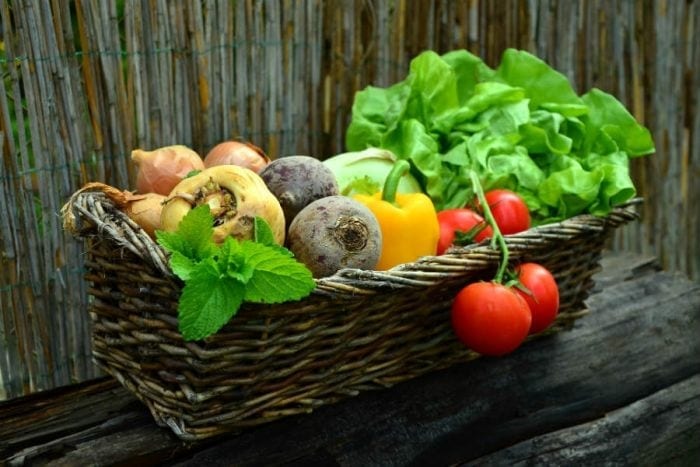For the first time there is now an index which measures the food system in its complexity, not only considering a country's food culture and products, but aso the practices used to make and allocate food, reducing the impact on its activities. It's the Food sustainability index, created by Barilla Foundation and realised by The Economist Intelligence Unit in cooperation with the centre of research of The Economist. Presented by Barilla Group during the 7th edition of the International Forum on Food and Nutrition in Milan, the new Index measures the sustainability of food systems in the 25 major countries in the world, based on the choices made in the nutrition, agricultural and waste sector. "The Food sustainability index", the president of Barilla Foundation explained, "will help us to understand where we can eat best in the world, not in terms of taste, ma in those of sustainability of food system, allowing researchers and politicians to understand how to orient their political choices".
France is the first country for food rewenability and it has been rewarded for its balanced approach to food and nutrition and for its innovative policy against food waste. Then, Japan and Canada place themselves on second and third place, thanks to their sustainable food policy. At last, we find India, Saudi Arabia and Egypt. Paritcularly, India, Nigeria and Ethiopia are the countries which, more than others, have to face complex nutritional challanges, while the Emirates, Saudi Arabia and United States of America present the highest levels of obesity and food waste per person. Italy comes only sixth on the list, but it has been rewarded for the sustainability of its agricultural system and the management of hydro-consumption. Also, Italy is the first country in Europe for the reduction of noxious emissions in the agricultural sector. Besides, our peninsula has started a well-structured fight against food waste, but childhood obesity remains a difficult problem to face and solve as soon as possible.



 Why not every trattoria should be written about
Why not every trattoria should be written about Brigitte Bardot’s final rosé: the wine that marks the end of an icon
Brigitte Bardot’s final rosé: the wine that marks the end of an icon What you need to know about Italy's new decree on dealcoholised wine
What you need to know about Italy's new decree on dealcoholised wine Why Arillo in Terrabianca's organic approach is paying off
Why Arillo in Terrabianca's organic approach is paying off





